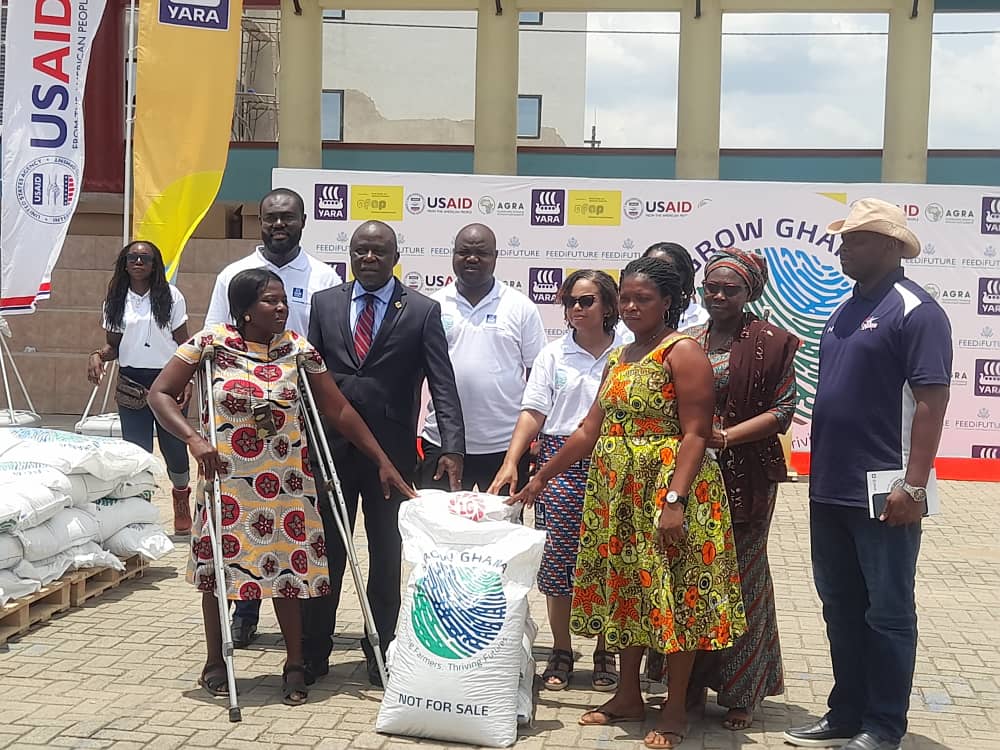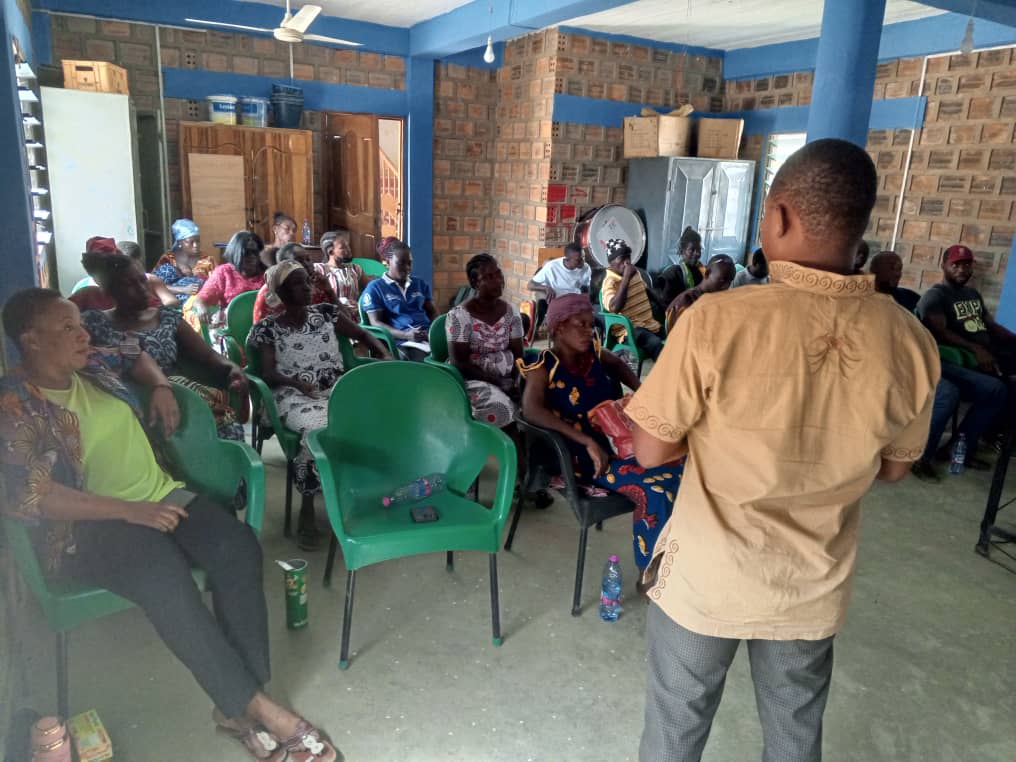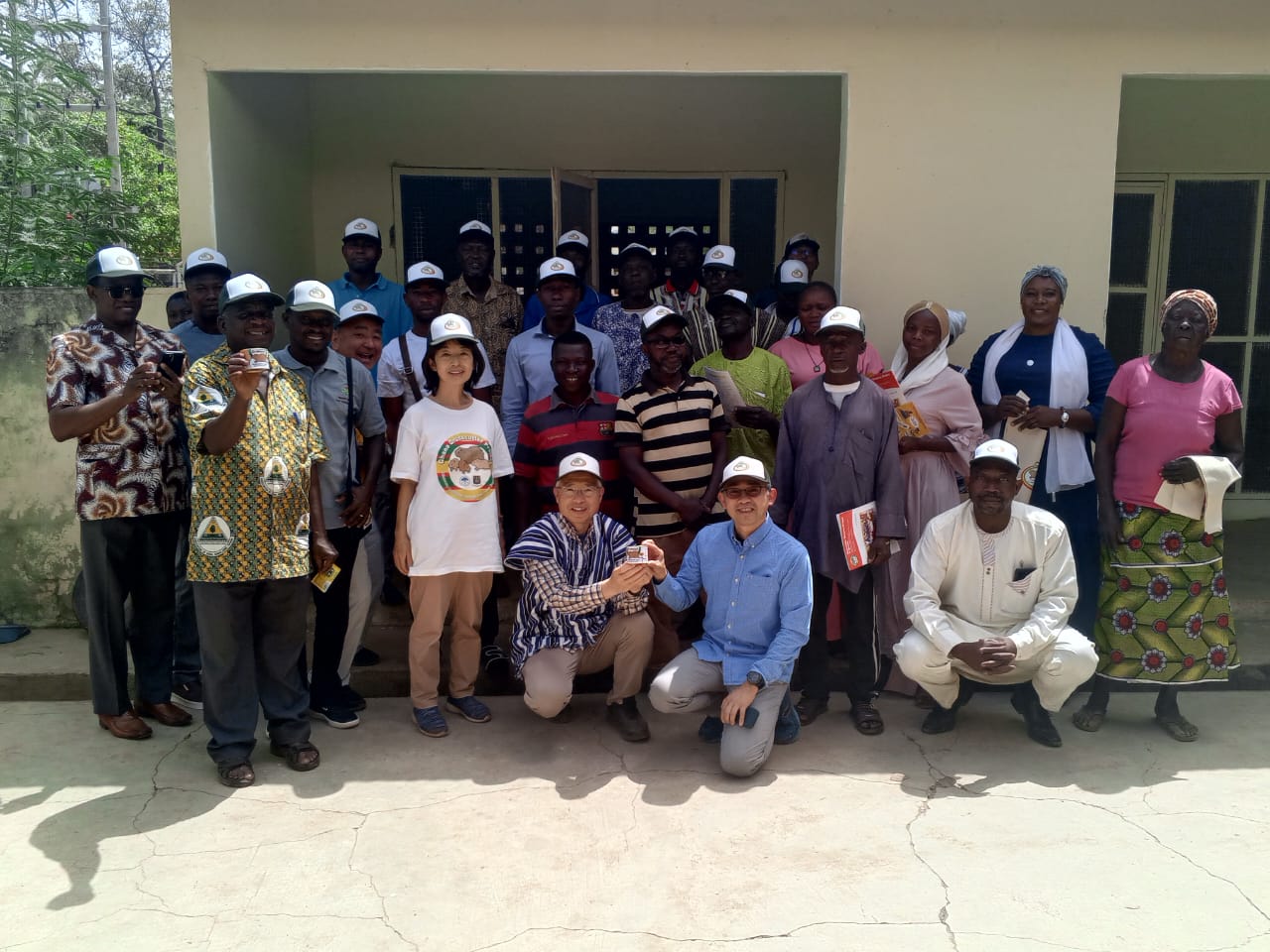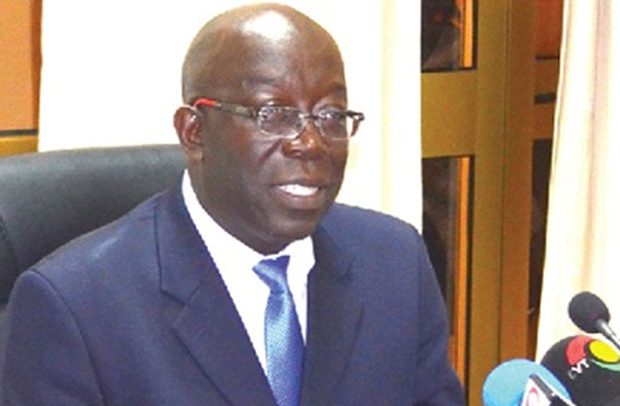
The United States Agency for International Development (USAID)-Financing Ghanaian Agriculture Programme (FInGAP) has helped to attract more than $156 million private capital to support smallholder farmers in the country.
Deputy Chief of Party of the USAID-FinGAP, Dr Victor Antwi who disclosed this at a training programme for journalists on the capital market, said the project had benefited more than 160,000 smallholder farmers across the country.
The training held for about 50 journalists under the theme, 'Enhancing the capacity of financial journalists on the capital market,' was organised by USAID-FinGAP and the Institute of Financial and Economic Journalists.'
He explained that the USAID-FinGAP was a $22 million five-year project funded by the US government under the Feed the Future Initiative, the US government's global hunger and food security initiative, to help improve agriculture and food security in Ghana.
"The USAID-FinGAP, among others, provided technical support and advisory services and training to enable the smallholder farmers to secure capital from the equity market," Dr Antwi said.
The Managing Director of the Ghana Alternative Market (GAX) of the Ghana Stock Exchange, David Tetteh urged players in the agribusiness sector to raise funds through the GAX to finance their business operations.
He said the GAX was created four years ago to help small and medium scale enterprises raise equities through the Accra bourse to finance their operations.
Some of the companies which had been listed on the GAX, he mentioned, were Hords Limited, Samba Limited, Intravenous Infusions Limited, and Meridian Marshalls Holdings.
Mr Tetteh lamented that some SMEs use loans (debt capital) to financé their business operations when they could raise money through the GAX, adding that listing on the GAX by SMEs was free.
The President of IFEF, Rayborn Bulley said the training, was one of the programmes to build the capacity of journalists on capital market issues and how the GAX operate, and entreated the participants to put into use the knowledge they had acquired on the capital market to enhance their work.
Read Full Story






















Facebook
Twitter
Pinterest
Instagram
Google+
YouTube
LinkedIn
RSS